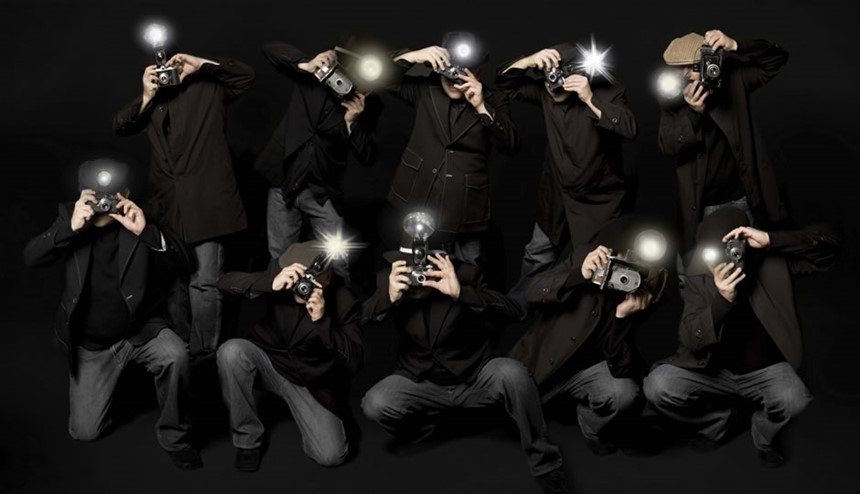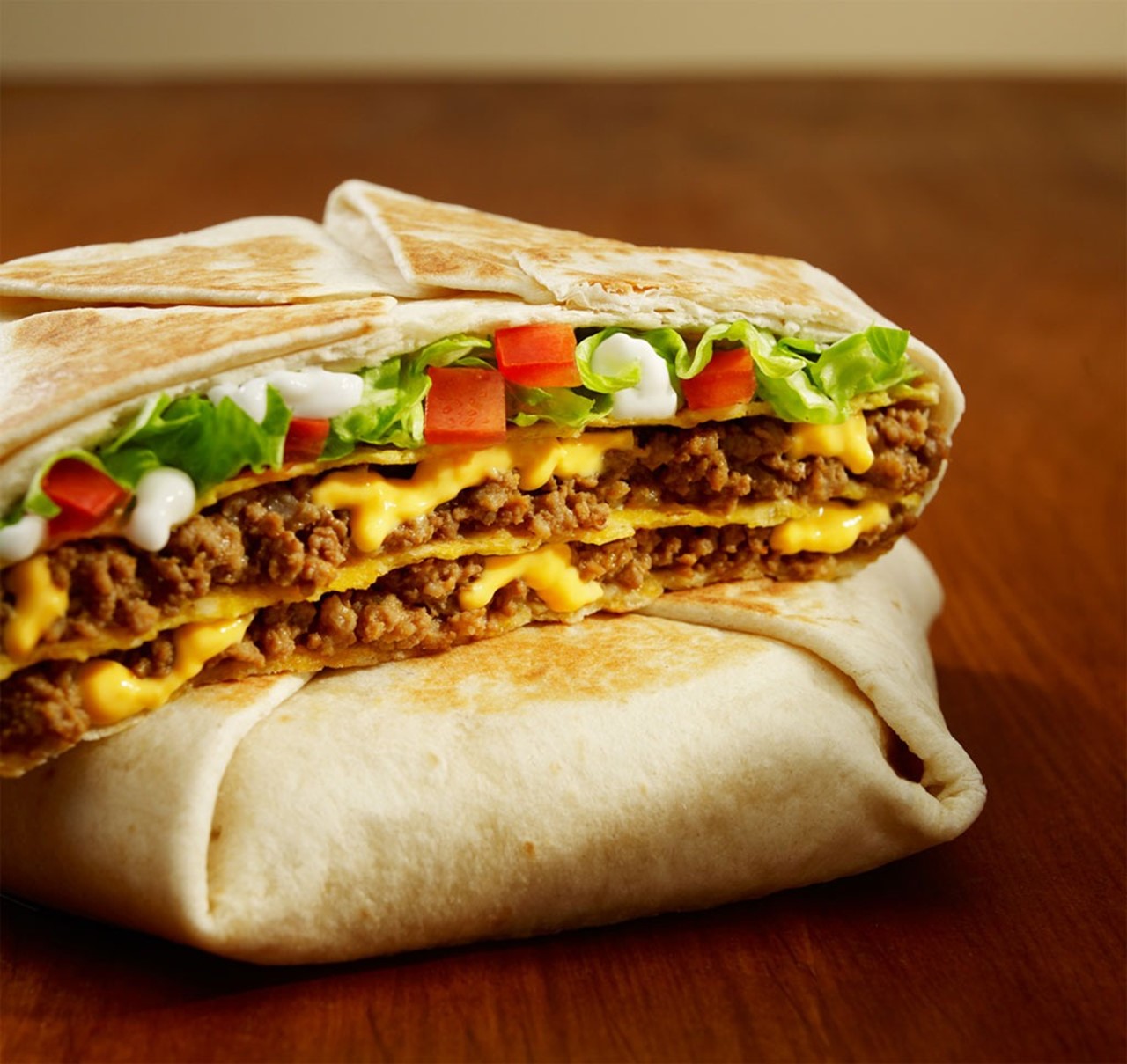How Thai Food Took Over The World
August 3, 2016 in Daily Bulletin

Sarah Scharf wrote about gastro-diplomacy and how Thailand used it to conquer the world’s culinary scene:
- In 2002 there were only 5,500 Thai restaurants in the world. Most of them in Thailand. Today there are 15,000.
- The rise is the result of a concentrated effort by the Thai government to promote its food abroad.
- Chefs were trained and loans were offered to encourage entrepreneurs to open Thai restaurants. Cooks willing to move overseas were offered incentive packages and special visas.
- The success built on itself. As Thai food become more popular, the ingredients required to make it became more commonly available, in turn encouraging even more people to try the food.
- The program targeted countries as far flung as Iceland.
- The initiative has played a role in the 200% increase in tourists headed to Thailand since 2002. Over a third of the tourists say that Thai food is a critical reason for their visit.
- Other countries such as Taiwan, Peru, and South Korea have been inspired to set up their own gastro-diplomacy programs
Read more about the Thais that despair over the lack of authenticity in overseas Thai food, why Kimchi is having a moment, and many other details here.
It seems the Thai government has a history of creating food policies that meet with remarkable success. We’ve previously covered how Pad Thai was created just a few decades ago by a lone dictator.
Source: Priceonomics

 Hotels are looking to get into the movie screening business writes Liza Hamm:
Hotels are looking to get into the movie screening business writes Liza Hamm:






Join the Discussion! (No Signup Required)